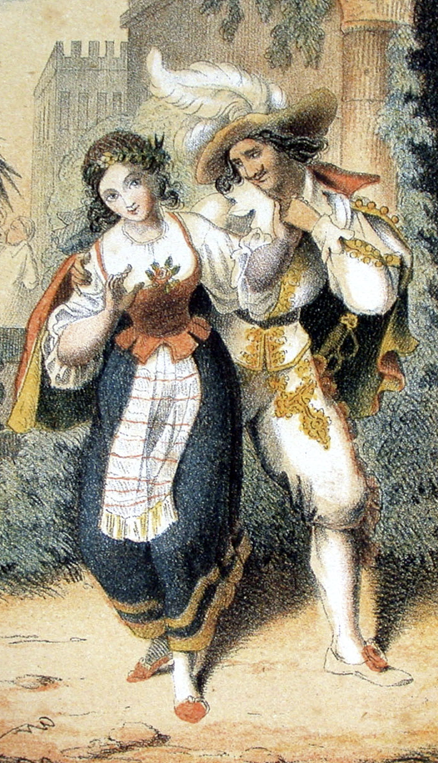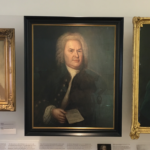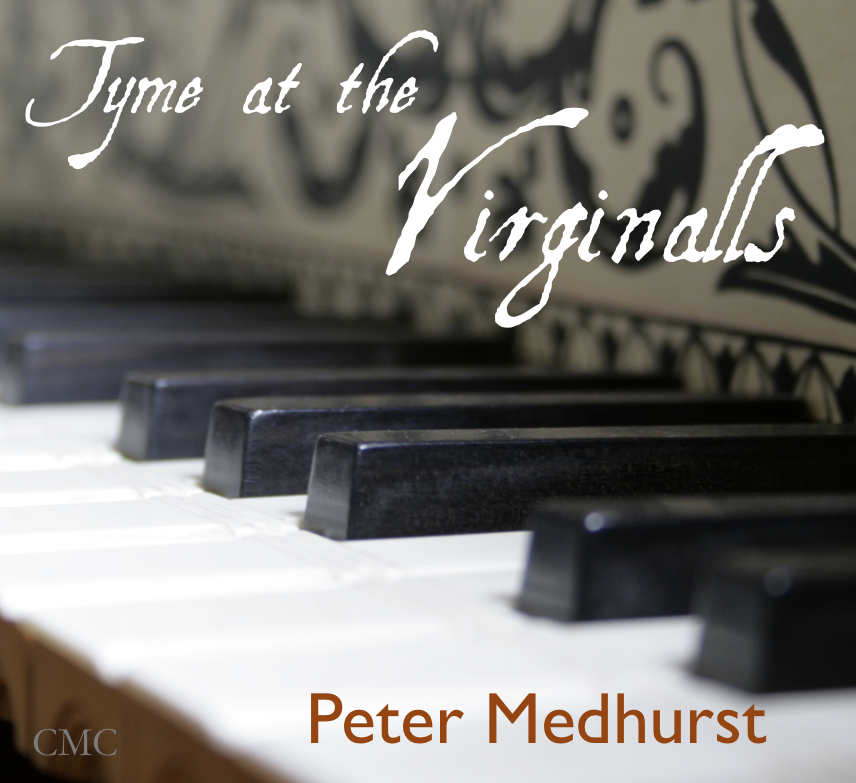Mozart and his operas
Mozart’s love of opera
Mozart once wrote to his father Do not forget my wish to write operas! I am envious of every man who composes one. The theatre was in Mozart’s blood, and during his career not only did he compose 21 works for the stage, but also modernised and perfected the whole approach to the writing of opera.
 The early works
The early works
Mozart first started to show an interest in opera when he was a 9 year-old in London in 1765. Fired by what he saw and heard in the London theatres, he produced an operatic aria Va dal furor portata K21, for tenor and full orchestral accompaniment. The music shows an amazing awareness of style, and paved the way for the youthful operas, such as Apollo et Hyacinthus 1767, Mitradate 1770, and Thamos, King of Egypt 1776.
The mature works
However, even Mozart had to learn his craft, and it’s generally agreed that the 12 or so stage works written before he was 25, act as musical preparations for the mature operas of the 1780s and 90s, which are the focus of the study day. The first of the great operas is Idomeneo, composed for performance in Munich, during the carnival season of 1781. Serious and heroic in nature, it represents the culmination of nearly 200 years of ‘opera seria’, works which favoured classical subject matter and a more stylised form of delivery. However, its successor Die Entführung aus dem Serail, with its racy theme of a Turkish harem, brings opera into the modern world; not only became Mozart’s first fell length work in German, but along with The Magic Flute of 1791, brought into being the whole concept of great opera in the German language.
The Da Ponte operas
Add to these works his three collaborations with the librettist Lorenzo Da Ponte Figaro, Don Giovanni (illustrated right), and Cosi fan Tutte, as well as the severe, but brilliant, La clemenza di Tito written for the Coronation of the King of Bohemia in 1791, and you have a clutch of operas that not only represents the pinnacle of Mozart’s writing, but the most forward looking operas of their time.
_________________________________
Purpose of the study day
The purpose of the study day is: a) to explore Mozart’s genius as an opera composer; b) to examine his working methods by delving into the scores, and reading the things he himself said about his method of composition; c) to follow the relationships he developed with his librettists, his many singers, and theatre managers; and d) to see how the numerous innovations he introduced to opera are incorporated into the next generation of composers.
The presentation
To illustrate the day, Peter Medhurst uses digital projections, recordings, and live examples sung and played at the piano.





![The Scotish [sic] Gigg](https://petermedhurst.com/wp-content/uploads/2012/08/Peter120813untitled-shoot-2.jpg)